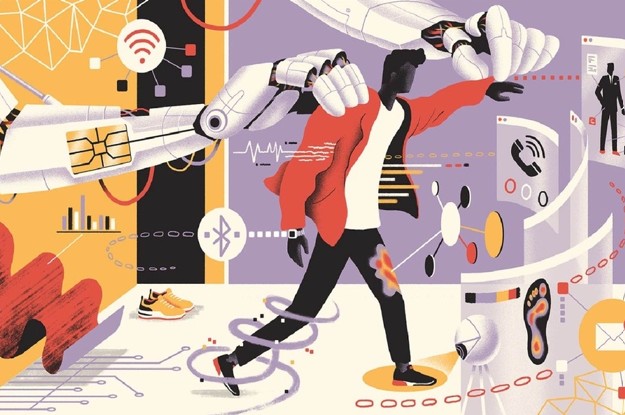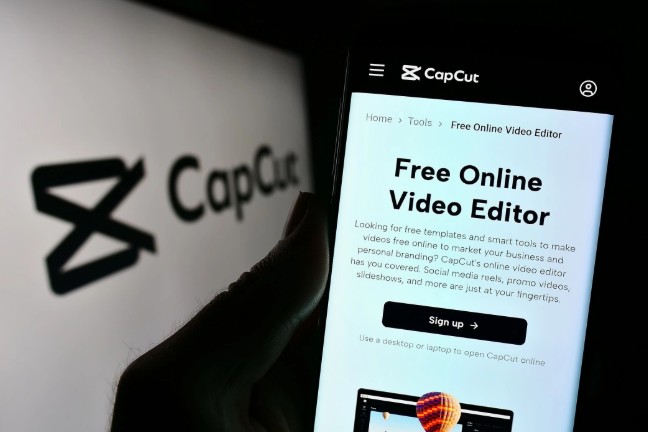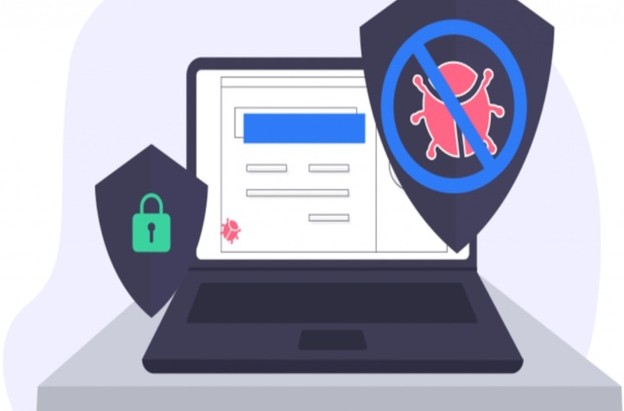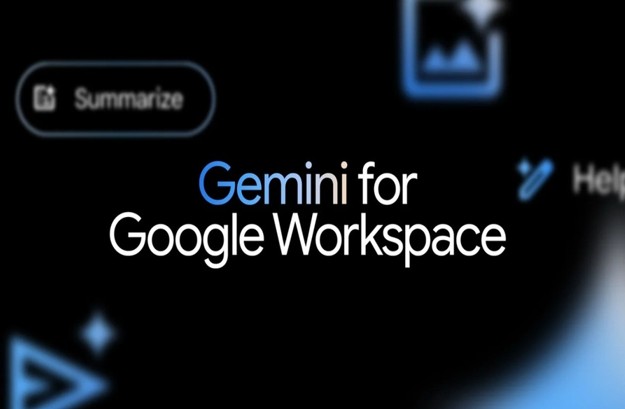Best Selling Products
The Price of Convenience: Is AI Killing Human Intelligence?
Nội dung
Dependence on technology, artificial intelligence (AI) is affecting human thinking and innovation capacity.

In the current booming digital era, artificial intelligence (AI) is penetrating almost every aspect of life – from work, study to artistic creation. With the ability to process information quickly, support decision making and automate a series of complex processes, AI is considered a “powerful assistant” to help people increase productivity and save time.
However, behind that convenience is a big question that gradually emerges: Are we taking advantage of AI as a tool, or are we gradually becoming dependent and losing the thinking and creative abilities that are the core of human beings? This article will explore both sides of the issue: Is AI opening up opportunities for innovation or unintentionally making us "lazy to think"? Is this a great step forward or a sophisticated trap of the technology age?
1. The dark side of technological development
Over the past decade, although artificial intelligence (AI) has developed rapidly and is increasingly applied in all areas of life, labor productivity in many developed countries is... regressing. Statistics show that the average productivity growth rate used to reach about 2%/year in the 1990s, but has now decreased to about 0.8% - a number that causes a lot of concern for economic and social researchers.
.png)
This is a paradox worth pondering. While AI is hailed as a breakthrough tool that helps automate, save time, optimize processes, etc., in reality, human labor efficiency and creativity do not increase proportionally, and even show signs of decline. Why is that?
Part of the reason is that AI is taking on more and more repetitive tasks, causing humans to gradually lose initiative in thinking. We have to use our brains less and less, and face situations that require creative handling, which makes it easy to fall into a state of "working according to instructions", depending on tools instead of promoting personal abilities.
2. “The Productivity Trap”: When Convenience Makes Us Lazy to Think
The tech world has long been pushing a compelling message: “AI is the ideal companion, helping people save time, eliminate tedious tasks and focus on creativity.” In theory, this is completely true. But in practice, the question lies in how we use AI: is it to support or replace?
Microsoft CEO Satya Nadella once envisioned a future where users would simply state their goals, and AI would take care of everything from planning to execution. While this vision is appealing, it also raises a major concern: If AI does everything, what will humans do?
.png)
According to experts, this can easily create a phenomenon called the “productivity trap” – where technology helps work faster, but at the same time erodes critical thinking skills, problem solving, and especially creativity – which are core factors for long-term progress.
In many industries, instead of developing new ideas, humans are increasingly doing the work of “censoring” or “editing” the output from AI, thereby reducing the motivation to learn, explore and innovate. Gradually, creativity becomes passive and superficial.
3. Creativity is “stifled”
The Financial Times (FT) once made a shocking observation: Although computers and the Internet have exploded over the past half century, research productivity and innovation have not increased, but have even stagnated.
A modern scientist, based on research investment, produces fewer breakthrough ideas than his or her colleague a few decades ago. Today’s inventions are mostly incremental improvements, with few historic breakthroughs like those of the early digital era.
Renowned economist Gary Becker has warned about the trade-off between quality and quantity. In a world where AI can churn out reams of content in seconds, humans are more likely to settle for “okay” than to persevere in finding something truly groundbreaking.
This is a consequence of the abuse of current AI models like ChatGPT or LLM (Large Language Model) systems, which rely heavily on existing data and current consensus to respond. These tools are good at “extending” the past, but are limited in their ability to move beyond the stereotypes that are at the heart of innovation.
.png)
4. Not only individuals, collective capacity is also affected
A survey posted on the research platform Arxiv, with more than 7,000 knowledge workers participating, shows a remarkable picture:
AI helps users save about 3.6 hours/week on single tasks such as replying to emails or word processing.
But for activities that require creative coordination between multiple people, AI barely improves productivity.
This shows that: AI is useful for simple individual tasks but cannot replace human-to-human interaction in jobs that require emotions, collaboration, imagination and implicit language – important factors in creative, strategic, educational, media industries...
When everyone outsources most of their work to AI, the amount of information may increase dramatically, but the meaning and value of the information may not be proportional, even causing overload. Ultimately, the efficiency that AI promises is undermined by the very thing itself.
5. When AI Replaces – Who Will Be Replaced?
The case of Klarna, a famous Swedish fintech company, is a clear demonstration of the speed of AI's "throne". In just one year, Klarna replaced 700 customer service staff with an AI system, operating continuously 24/7 with outstanding productivity. But behind this optimization is a huge human resource consequence, when most of the people who were cut were not retrained, nor supported to transition to new roles.
This is not only a story of economic efficiency, but also a social problem: AI is replacing people, but who will help people adapt to AI?
.png)
According to a report by the International Monetary Fund (IMF), 40% of global jobs could be affected by AI, especially in developed countries, this rate could be up to 60%. Unlike previous technological revolutions, AI not only automates common jobs but also threatens high-level intellectual industries such as law, medicine, finance, engineering or communications.
AI is increasingly taking on roles that once required high expertise: contract analysis, disease diagnosis, article writing, report writing, etc. This puts even qualified people at risk of being "left out" if they do not quickly upgrade their skills and work mindset.
While AI can replace many jobs, it cannot replace humans completely. Abilities such as intuition, critical thinking, emotions, creativity, and the ability to make decisions under uncertain conditions – are still the great strengths of humans. The question is whether we are flexible enough to adapt and exploit those advantages.
In the AI era, it is not the best who will survive, but the one who is willing to relearn, redo and adapt the fastest. This is the time for each individual, organization and society to ask the question: What are we preparing to avoid being left behind? Without a suitable transformation and training strategy, many workers, even highly skilled ones, may fall into a career crisis.
6. Challenges come with opportunities
Despite the warnings, AI is not a “culprit” but a tool. How we use it is our choice.
In the context of Vietnam's efforts to escape the "middle-income trap", the application of AI and cloud computing is considered a potential direction, helping to accelerate digitalization, improve productivity and access the global market.
.png)
Mr. Le Hong Viet, General Director of FPT Smart Cloud, emphasized that AI can shorten decision-making time, personalize customer experience and help businesses operate more efficiently. At the same time, Cloud helps save up to 16.18% of operating costs and boost revenue by nearly 20% - a promising figure.
However, to truly exploit the benefits of AI, businesses not only need technology but also need to change their mindset, build a team that understands and masters AI, and be willing to experiment - fail - learn to find the right model.
Artificial intelligence is a powerful tool. It can work fast, accurately, and tirelessly. But if humans give all of their thinking to AI, what we will get instead of outstanding creativity may be a world that is uniform, lifeless, and lacking in innovation.
The question is not “When will AI replace us?” but “How will we use AI without losing ourselves?”
Creativity doesn’t come from copying the past, it comes from the ability to think independently, critically, and ask different questions. If AI is doing the boring work for us, use that time to do what only humans can do – create, connect, and develop new ideas.
AI is a tool. But how to keep humans at the center of innovation while still maintaining a new mindset is the most important problem of the era.












































